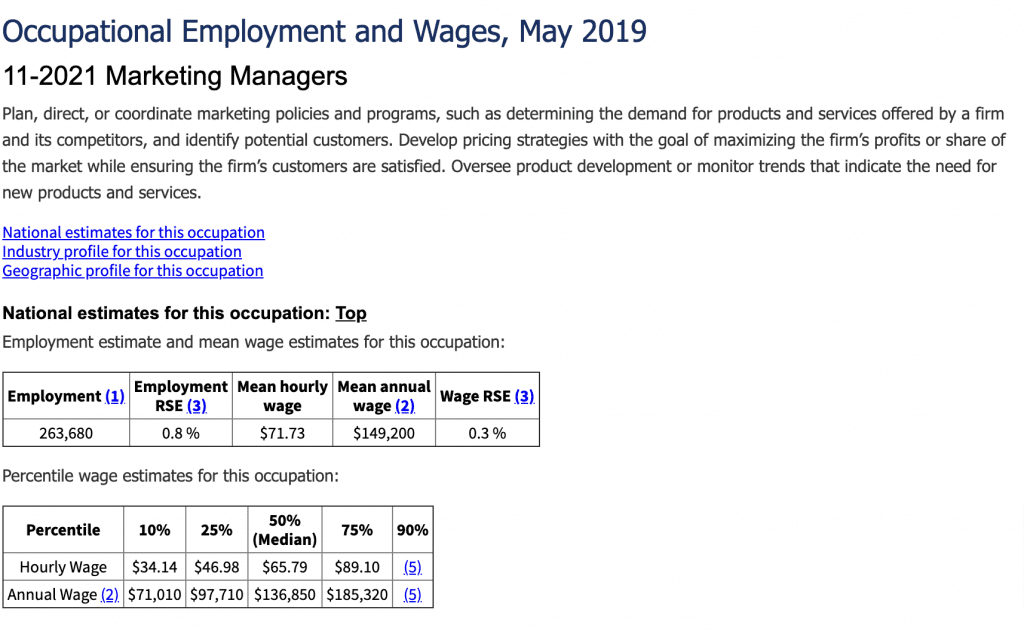What Are Your Salary Expectations?
A bold question, no? It’s is a question that I’m asked 98% of the time on a job application, first thing when applying, along with the usual questions and personal information requested. Name, address, phone number, email address, LinkedIn profile, Education, Experience, mandatory EEOC questioning to ensure discrimination doesn’t take place, which is to say, to make sure it DOES take place, possibly a few preliminary questions about strengths/weaknesses, and then the final question:
What Are Your Salary Expectations?
I haven’t spoken to anyone at the company at this point usually. The real specific expectations and duties of the job haven’t been provided yet. No additional information about the role may or may not entail, or anything further about the companies competitors, its goals for the firm or the position, and what vision the visionaries and executives have for the company and role.
There has been no indication of what’s been budgeted for the position, nor what the company may be able to spend. Most of the companies I interview with and apply at are private, so their revenue and budgets are private as well. I have no idea what range they have in mind to spend for the position for which they’re hiring.
I’ve hired many folks for many different roles, so I’ve been on both sides of the salary negotiation table. And I usually save the money for the end of the hiring discussion to make sure we have a fit. The applicant is indeed interested and has all the pertinent information going to the negotiation table. I like everything to be above-board and all parties comfortable with the process and people who make up the company. I don’t want there to be any awkwardness post-hiring, like I tried to hide something or pull a fast one because I don’t do such things.
Depending on the companies’ policy on the openness of salaries, I abide by it. Some companies want wages a secret. That’s a hard thing to do well, I’ve found. With the internet and the way people like to murmur and talk, it creates some friction eventually.
On the flip side, some companies are wide-open about salaries. That’s also a little dangerous. If you work for the government or a governmental entity, your pay usually is publicly available anyway. That goes for University professors all the way to police, administrators, and anyone else that’s employed by the state or federal government. I find it’s not a big deal in that case because in nearly every case, they’re way overpaid compared to the private sector. The employees, who also are members of unions, certainly won’t admit that, though. Typically the other way around – they claim they’re poverty-level.
But back to the topic. “What are your salary expectations?“
I know companies are looking for a figure with that question. That’s silly, given the aforementioned reasons. So I usually complete the space, if possible with text, to reflect what I just explained above. Sometimes, as with the featured image for this blog post, the question is “What are Your Salary “REQUIREMENTS?”
Not just expectations, but requirements. My requirements are that my salary meets expectations, which should be in line with what the company believes their position is worth in tandem with what they’re able to afford. I’ve been interviewed by a few people at firms who want a lot, but can’t afford what they’re looking for. I’ve interviewed people that want a high salary but the position being filled doesn’t require their vast skillset. So there’s no match. It’s frustrating as an applicant when a company has the budget but is trying to fill a position for the least amount of money possible and shave duties from the position, knowing full-well those duties are going to reappear in that role once the person is in place. I’ve seen it happen. A lot. Hire and pay for a small role, then inflate the role with huge responsibilities and keep the wage the same. It’s bad business. Make sure the job description is in writing and boundaries are adhered to. If the employee is ready for greater responsibilities, great! Just make sure HR is aware those duties are being tacked onto the role and the employee is being compensated accordingly. Otherwise, things can become unwieldy.
I expect the salary to reflect the expectations, duties and effort, skills, experience, education, and whatever else is required to fulfill the role and do the company’s job to the best of my ability. Within the budget, the company has determined that I have no way of knowing.
The question is asked right off the bat, with no input by any representative of the company. So I see what’s going on: the company is using the leverage it has at hand, being the employer with the open position desired by the applicant, who has a lower hand at that stage. The company has the upper hand. Negotiations have already begun without stating such. Again, I feel that’s jumping the gun and putting the horse before the cart, to use two cliche metaphors.
And what ends up happening? A few things. But let me first say something truly as far as myself is concerned: I wouldn’t be spending my time applying and showing my interest and jumping through quite a few hoops if I weren’t interested in the position what range salary the work usually involves. I’m not throwing my hat into the ring blindly. I do my due diligence and research, and as an employee, I know what positions in my industry and field command and what I am worth in the open market.
I’ve worked as a freelance and consultant, which proves down to the penny what I’m worth in the open market. Because people pay precisely what I ask. We negotiate that very thing frequently. And I’ve been hired in the open marketplace by large firms. One that does over $100 million in revenue per year and the other is the largest company on Earth: Amazon. And if you don’ think they know what people and positions are worth with the data and hundreds of thousands of employees they have, and hire 10’s of thousands of people at a time, then you’re nuts.
So, “What are My Salary Expectations?” “What are Yours?” is a better question and better saved for the end of the application process. One good place to begin is the Bureau of Labor Statistics(BLS)
Here’s the data for Marketing Managers for May 2019, which was two years ago. Marketing Directors tend to make considerably more, due to the expanded duties, skills, education and experience needed and expectations:
What happens when the question is asked, and an eyebrow-raising figure or response as I give are inserted in the space? The applicant is immediately put into the trash can. And an excellent applicant is immediately and shamefully dismissed for no real good reason, and no discussion or interview happens whatsoever.
Salary is a touchy subject, and it shouldn’t be. My salary through the years has been high and increasingly so. But that has no bearing on what I’m seeking at this point in my life now what a position I’m applying for should bear.
I’m applying for jobs in South Carolina right now. And for jobs that may command higher or lower salaries than I’ve made in the past. Those roles have nothing to do with the companies or positions I’m applying for now. So when a hiring manager cringes when I tell them my previous salaries, which I’ve seen them do, they absolutely shouldn’t because they have nothing to do with my current goals or salary expectations. They’re mutually exclusive of the position, company, and other criteria that should be considered.




1 comment